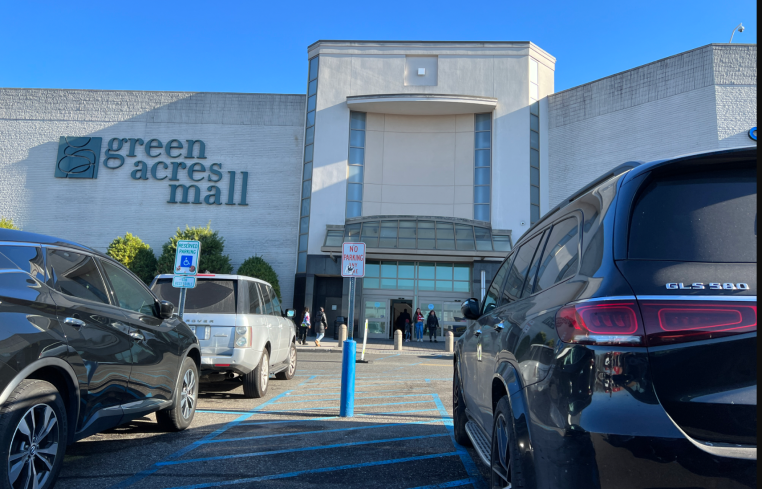CMBS-Realized Losses Dip in January Despite More Distressed Workouts
By Marc McDevitt February 20, 2023 12:53 pm
reprints
CMBS transactions incurred approximately $76 million in realized losses during January via the workout of distressed assets.
CRED iQ identified 24 workouts classified as dispositions, liquidations or discounted payoffs in January. Of the 24 workouts, nine were resolved without a loss. Of the 15 workouts resulting in losses, severities for the month ranged from 4 percent to 100 percent, based on outstanding balances at disposition.
Aggregate realized losses in January were approximately 42 percent lower than December 2022 despite nearly three times as many distressed workouts. The number of distressed workouts was the third highest over the past year while aggregate realized losses ranked as one of the three lowest totals over the same period. On a monthly basis, realized losses for CMBS transactions averaged approximately $133.1 million during the trailing 12 months.
By property type, workouts were evenly concentrated in lodging, office and retail, each accounting for six distressed resolutions. The six office workouts had the highest total of aggregate realized losses ($29.3 million), which accounted for 39 percent of total losses for the month. The largest individual realized loss from CRED iQ’s observations was from Marriott Galleria, a 301-key full-service hotel in Houston. The property had been REO since June 2021 and was sold via auction in August 2022 for approximately $28 million, equal to $93,000 per key.
The Houston sale price was significantly higher than the property’s July 2022 appraised value of $18.4 million, equal to $61,000 per key. The asset had outstanding debt of $29.1 million, which incurred a $13 million loss upon liquidation this month accounting for expenses, equal to a 45 percent severity.
The largest workout by outstanding debt balance was a $75.4 million mortgage secured by The Collection at Forsyth, a 523,535-square-foot lifestyle center 30 miles north of Atlanta. The loan transferred to special servicing in early December just prior to maturity default. The loan collateral was sold shortly thereafter to CTO Realty Growth for $96 million ($183 per square foot), allowing for sale proceeds to retire the outstanding mortgage without incurring a loss. This was a relatively encouraging resolution as the loan was able to be worked out swiftly and without a loss.
Excluding defeased loans, there was approximately $5.7 billion in securitized debt among CMBS conduit, single-borrower large-loan, and Freddie Mac securitizations that was paid off or liquidated in January, approximately an 18 percent decrease compared to $7 billion in December 2022. In January, 7 percent of the loan resolutions were categorized as dispositions, liquidations or discounted payoffs.
The percentage of distressed workouts was only 2 percent the prior month. Roughly 28 percent of the loans were paid off with prepayment penalties, which was less than 36 percent as of the prior month.
Excluding Freddie Mac securitizations, retail had the highest total of outstanding debt payoff in January with approximately 34 percent of the total by balance. Multifamily and office were the property types with the next highest outstanding debt payoff with 23 percent and 16 percent of the total, respectively. Among the largest individual payoffs was a $237.4 million mortgage secured by the Green Acres Mall, a 1.8 million-square-foot regional mall owned by Macerich and located in Valley Stream on Long Island right next to the border with Queens.
Marc McDevitt is a senior managing director at data analytics firm CRED iQ.



